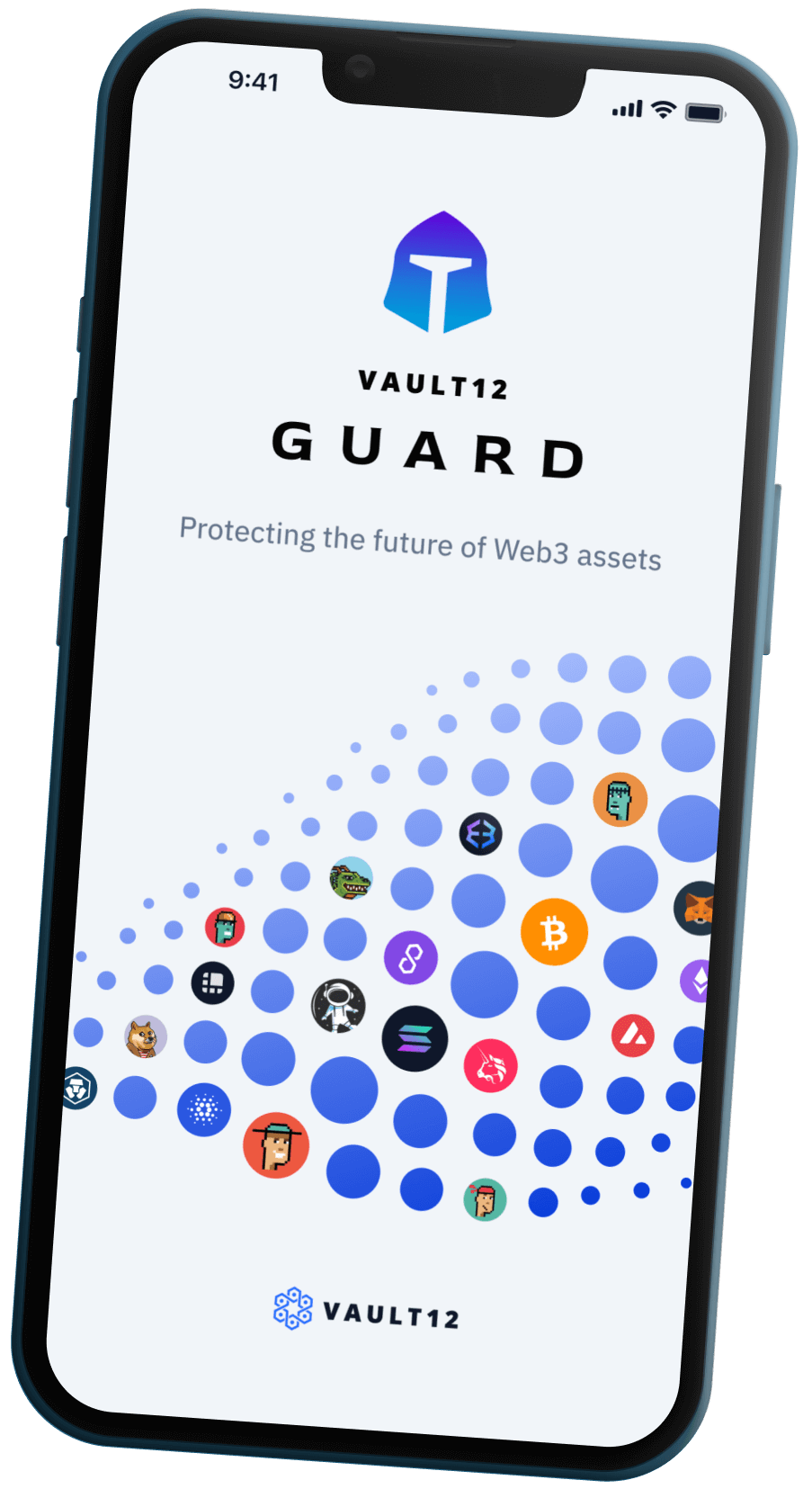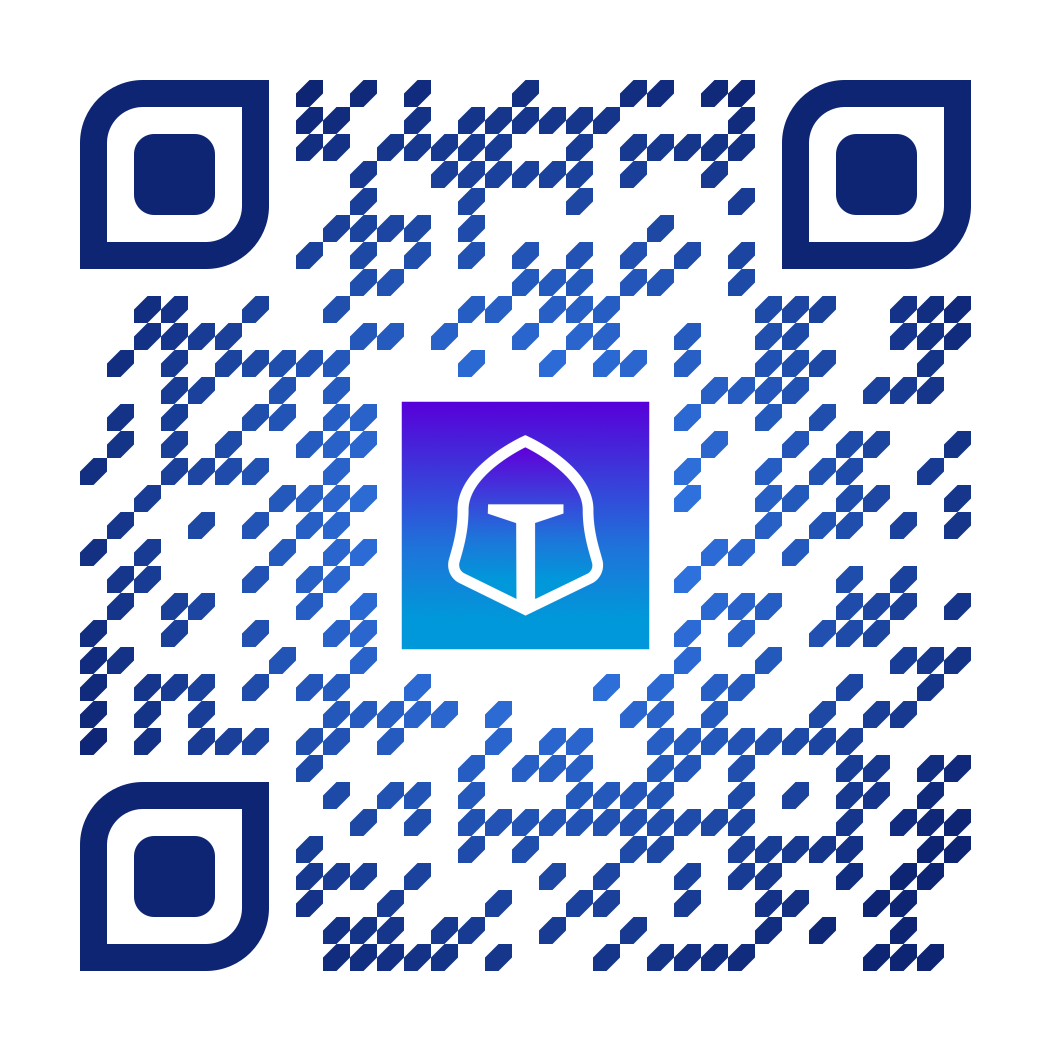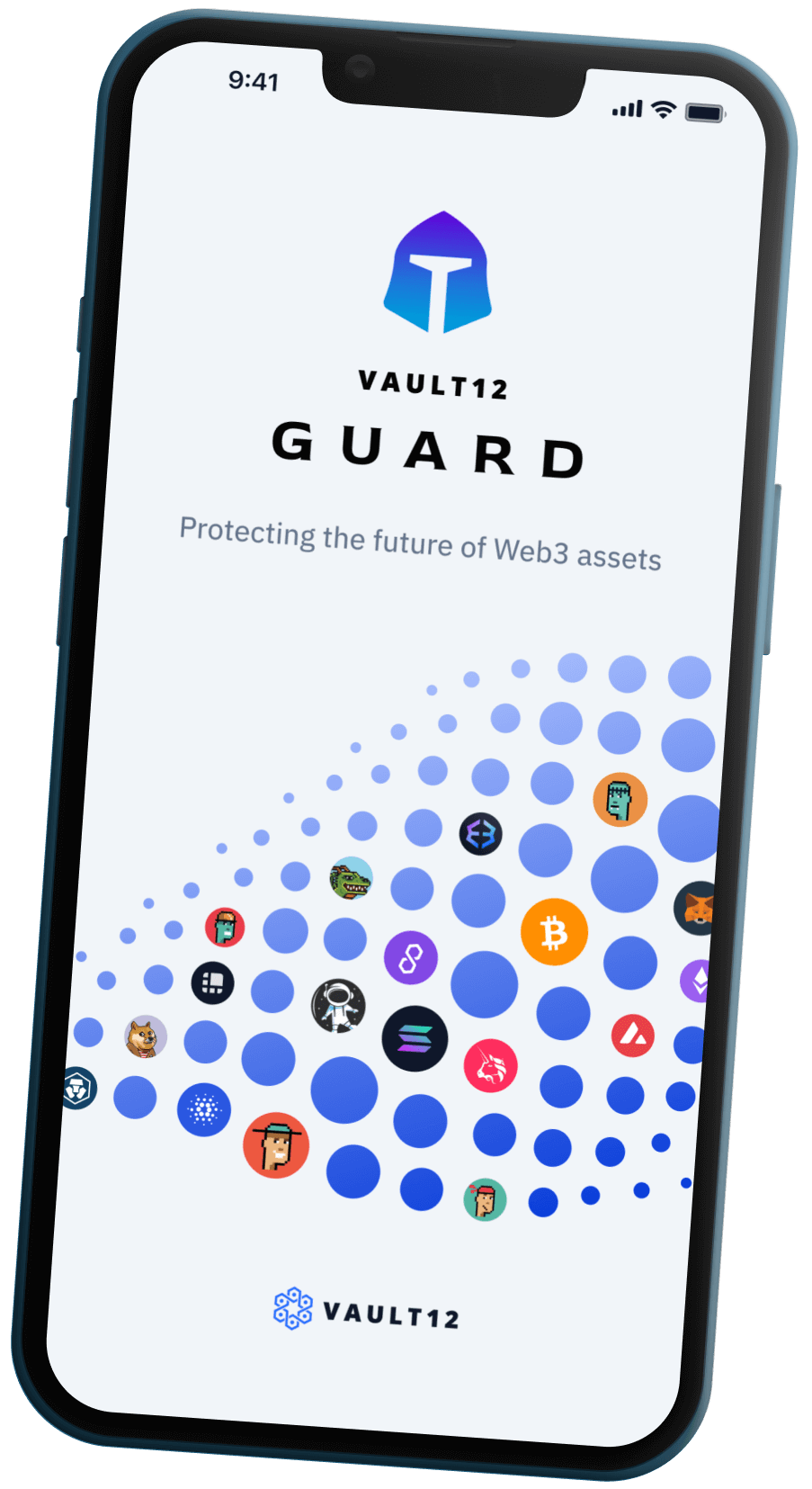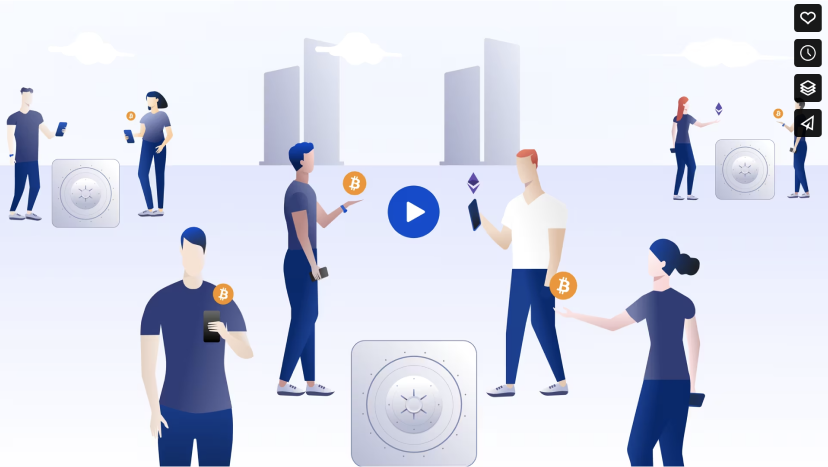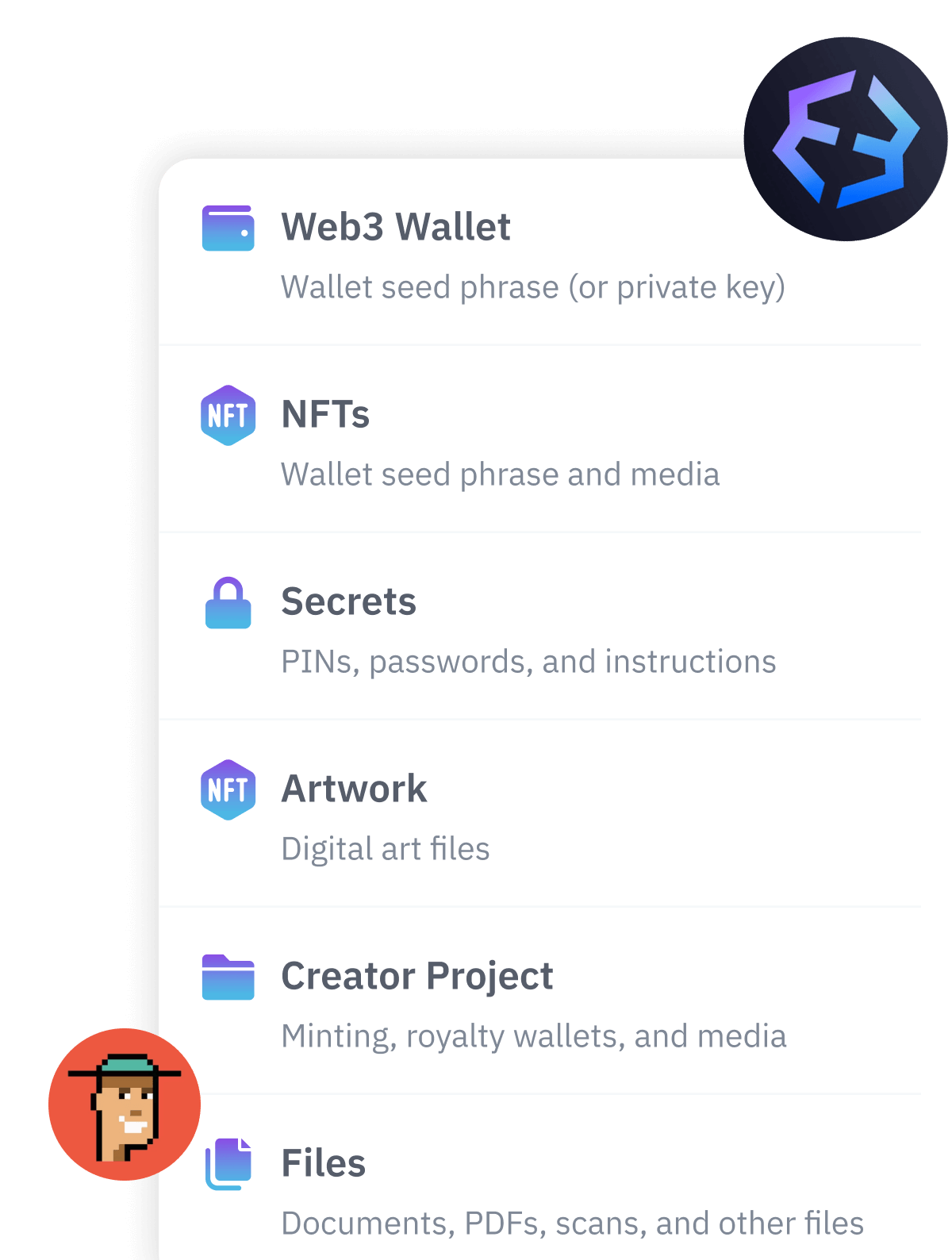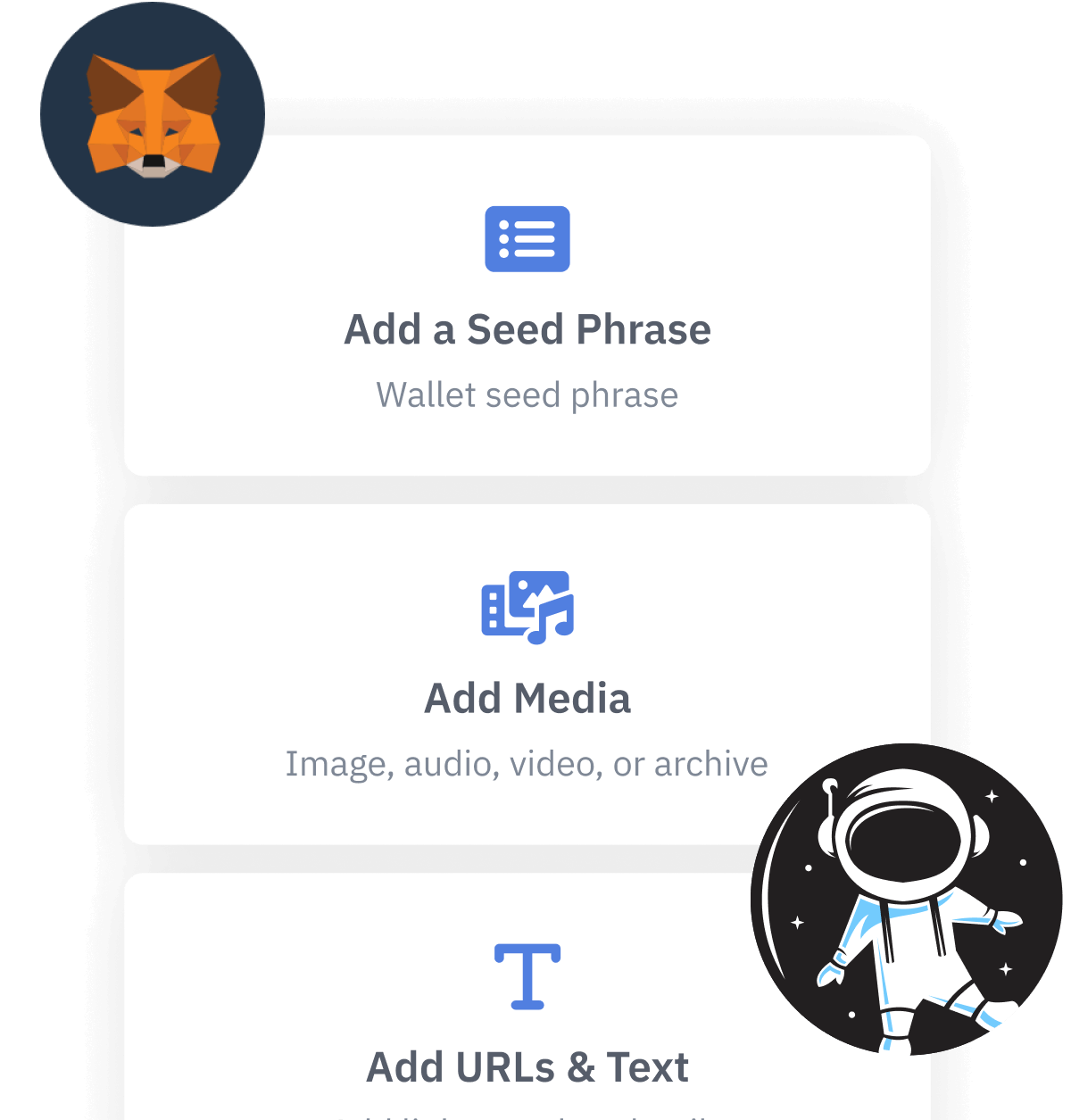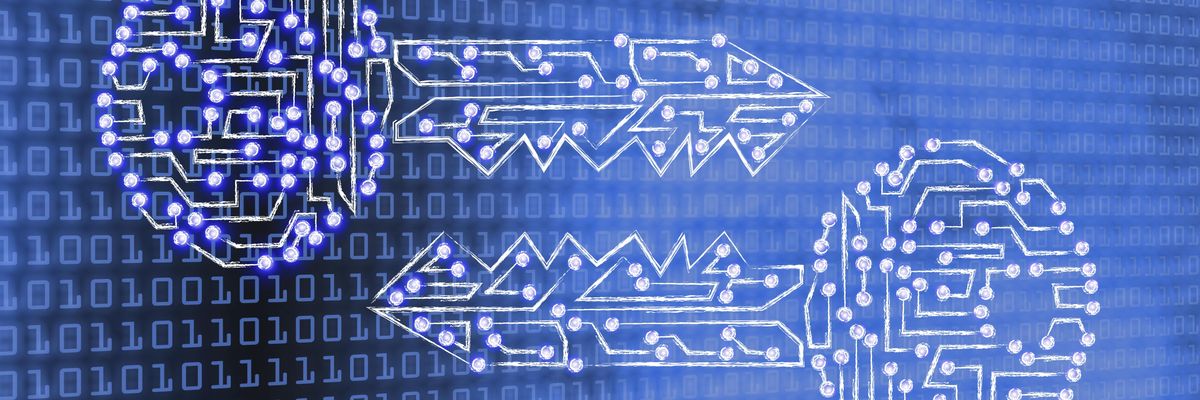
By faithie
Contents
What are public and private keys?
An approachable explanation of how public and private encryption keys are at the core of crypto wallets and seed phrases.
When embarking on the journey of owning and managing your own cryptocurrency, the array of choices and number of new concepts may seem overwhelming. Cryptocurrency wallets make the process of managing your own cryptocurrency relatively straightforward - but there are some common terms and basic concepts that you should understand. In this article, we will summarize what crypto keys are, why they take the form of encryption keys, and how they are related to seed phrases and software wallets.
TL;DR (concentrated takeaways)
A crypto wallet protects digital assets through the use of high-security encryption. Encryption works by locking and unlocking data with digital encryption keys. (This is why you hear people refer to "crypto keys.")
Digital wallet encryption relies on encryption keypairs, where one key in a pair is "public" and one is "private."
Private keys must be kept secret and are used to digitally sign crypto transactions. Public keys may be shared, and are used to associate crypto with a blockchain address.
A cryptocurrency wallet can generate many encryption keypairs from a single seed phrase. The wallet then uses those keys to perform crypto transactions in various "accounts" or types of crypto tokens.
Although a single crypto wallet may generate many pairs of encryption keys (to support a variety of wallet addresses), there is only one "master" keypair for the wallet, and only one seed phrase.
How are Seed Phrases and Keys related?
At its core, a cryptocurrency wallet is a secure container for your "private key." But what does that mean, and is it the same thing as the seed phrase? The answer is that they are closely related, but are not exactly the same.
A cryptocurrency wallet produces, or optionally, you give it, a BIP39 seed phrase, which you always keep securely backed up. From that seed phrase, the wallet software mathematically calculates a master private key and master public key. It is this master private key that is what people commonly refer to as your cryptocurrency "private key." If a cryptocurrency wallet is lost or destroyed, this original seed phrase can allow a new wallet to re-generate the private and public keys, and thus re-gain access to your cryptocurrency. This high-level view gives you an understanding of what your private key is, the relationship between your seed phrase and your private key, and why it is so important to back up your seed phrase.
Be aware that there can be more than one set of private and public keys: if you are using a Hierarchical Deterministic Wallet (HD Wallet), which most modern wallets are, your wallet will produce a large number of private/public keypairs that can be used to perform individual cryptocurrency transactions that preserve your privacy and security. Fortunately, the wallet handles that detail for you, and your single seed phrase (and wallet passphrase, if you chose to add one) will restore all of your private keys when needed.
How do private and public keys work?
Cryptocurrency wallets use standard encryption software to generate unique encryption keypairs, and then use those unique keys to perform secure identification and authorization of your crypto transactions. The term "keypair" is used because cryptocurrency uses a type of encryption called asymmetric encryption - also known as public-key encryption, or Public Key Infrastructure (PKI). Asymmetric encryption relies on two unique keys that work as a related pair. This type of encryption is called public-key encryption because of the way it is used: one key must be kept private, while the other can safely be shared publicly.
The wallet uses the private key to digitally sign cryptocurrency "sell" transactions. This digital signature produced with a private key is like a stamp of authenticity. Correspondingly, the related public key of that same keypair - the key that is shareable - can be used to verify that only the holder of the private key could have signed that transaction, and that the transaction was not tampered with after it was signed.
The public key is also used by cryptocurrency wallets, which use a hashed form of the public key to identify the location on the blockchain network where a private key owner may receive cryptocurrency payments. So when you share your payment address with someone who will pay you in cryptocurrency, you are actually giving them a form of your public key, which tells the blockchain network where to pay you - in other words, a public key functions as an accounts receivable address.
What are "Quick Response" (QR) codes?
Either the private or the public key can be represented as a QR barcode. A wallet holder could publish a public key QR code (for example on their website) to ask people to pay them at that single blockchain address. Alternatively, they could generate and send each individual a unique payment public key QR code, resulting in payments to be made at multiple blockchain addresses. The wallet owner is thus free to decide on the payment address strategy that makes most sense for their privacy goals.
It is very important never to publish the QR code for a private key - if a private key QR code is generated at all, it should only be retained as part of a secure private key backup strategy!
What are public and private keys?
An approachable explanation of how public and private encryption keys are at the core of crypto wallets and seed phrases.

Vault12
Vault12 is the pioneer in crypto inheritance and backup. The company was founded in 2015 to provide a way to enable everyday crypto customers to add a legacy contact to their cry[to wallets. The Vault12 Guard solution is blockchain-independent, runs on any mobile device with biometric security, and is available in Apple and Google app stores.
Vault12 is NOT a financial institution, cryptocurrency exchange, or custodian. We do NOT hold, transfer, manage, or have access to any user funds, tokens, cryptocurrencies, or digital assets. Vault12 is exclusively a non-custodial information security and backup tool that helps users securely store their own wallet seed phrases and private keys for the purpose of inheritance. We provide no legal or financial services, asset management, transaction capabilities, or investment advice. Users maintain complete control of their assets at all times.
You will lose your Bitcoin and other crypto when you die...
...unless you set up Crypto Inheritance today.
It's simple — if you don't worry about crypto inheritance, nobody else will — not your software or hardware wallet vendors, not your exchanges, and not your wealth managers. So it's up to you to think about how to protect the generational wealth you have created, and reduce the risks around passing that crypto wealth on to your family and heirs. What are the challenges with crypto inheritance?
- Crypto Wallets are difficult to use and do not offer crypto inheritance management. In fact, most of them tell you to write down your seed phrase on a piece of paper, which is practically useless.
- Some people back up their wallet seed phrases or private keys on paper, local devices like hardware wallets or USBs, or in the cloud. All of these options have severe drawbacks that range from hacking to accidental loss to disrupted cloud services.
- Software wallets operate on specific blockchains, yet your crypto assets span multiple blockchains. For inheritance to work, you must be able to manage inheritance across every blockchain — now and forever.
Pioneering Crypto Inheritance: Secure Quantum-safe Storage and Backup
Vault12 is the pioneer in Crypto Inheritance, offering a simple yet powerful way to designate a legacy contact and pass on your crypto assets—like Bitcoin (BTC), Ethereum (ETH) and Solana (SOL) —to future generations. Built for everyday users yet robust enough for the most seasoned crypto enthusiasts, Vault12 Guard ensures your wallet seed phrases and private keys are preserved in a fully self-sovereign manner, across all Blockchains.
At the heart of Vault12 Guard is quantum-resistant cryptography and a decentralized, peer-to-peer network of trusted Guardians. Your critical information is never stored in the cloud, on Vault12 servers, or even on local devices—dramatically reducing the risk of a single point of failure. By fusing a powerful software layer with the Secure Element of iOS devices (Secure Enclave) and Google devices (Strongbox), Vault12 Guard locks down your private keys against present and future threats.
Our innovative approach harnesses social recovery, enabling you to appoint one or more trusted individuals or mobile devices as Guardians. These Guardians collectively safeguard your protected seed phrases in a decentralized digital Vault—so there’s no need for constant lawyer updates or bulky paperwork. Should the unexpected happen, your chosen legacy contact can seamlessly inherit your crypto assets without compromising your privacy or security.
Preserve your digital wealth for generations to come with Vault12 Guard—the simplest, most secure way to manage crypto inheritance and backup.
Take the first step and back up your crypto wallets.
Designed to be used alongside traditional hardware and software crypto wallets, Vault12 Guard helps cryptocurrency owners back up their wallet seed phrases and private keys (assets) without storing anything in the cloud, or in any single location. This increases protection and decreases the risk of loss.
The first step in crypto Inheritance Management is making sure you have an up-to-date backup.
The Vault12 Guard app enables secure decentralized backups, and provides inheritance for all your seed phrases and private keys across any blockchain, including Bitcoin, Ethereum, and others, and for any crypto wallet.
Note: For anyone unfamiliar with cryptocurrencies, Vault12 refers to wallet seed phrases and private keys as assets, crypto assets, and digital assets. The Vault12 Guard app includes a software wallet that works alongside your Digital Vault. The primary purpose of this is to guard your Bitcoin (BTC) and Ethereum (ETH) wallet seed phrases, private keys, and other essential data, now and for future generations.

